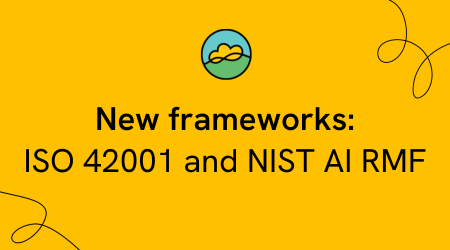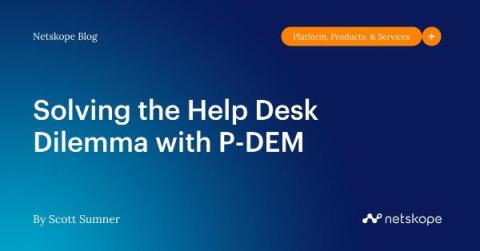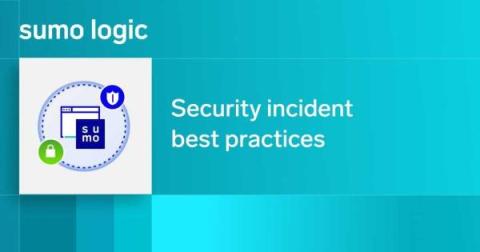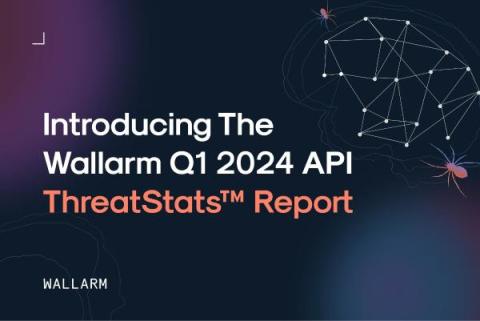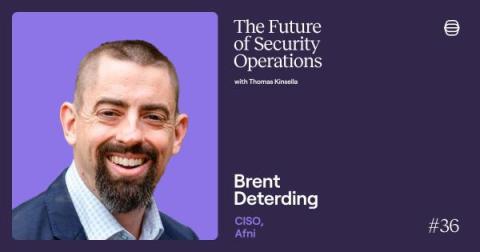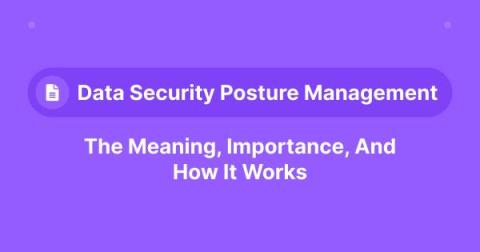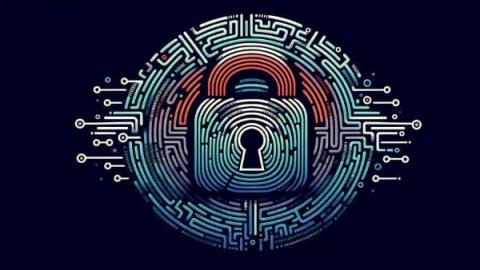Introducing ISO 42001 and NIST RMF Frameworks
While AI has created exciting new opportunities for business, it has created urgent questions around ethics, responsible use, development, and management. AI also introduces a new, and often nebulous, element of organizational risk. With the introduction of two frameworks, ISO 42001 and NIST AI RMF, companies can now implement, demonstrate, track, and build their responsibility and trust around AI. TrustCloud is very pleased to announce that we support both ISO 42001 and NIST AI RMF.


